Date: 9th August 2025
Venue: Bat Valley Primary School, Kampala
The Uganda National Teachers’ Union (UNATU), in partnership with Education International (EI) and with funding from the National Education Association (NEA), convened a high-impact Training Workshop on Ending School-Related Gender-Based Violence (SRGBV) for 98 male and female union secondary school representatives from across Kampala.
The workshop aimed to reawaken participants’ understanding of SRGBV and strengthen their roles as champions and advocates for safer, more inclusive learning environments.

Opening Call to Action
In his opening remarks, Deputy General Secretary Duluga Buni Phillip described SRGBV as “not just a global concern, but a daily reality for many of our learners here in Uganda.” He cited alarming research showing that male teachers are more likely to perpetrate violence against learners, with female learners disproportionately facing sexual violence.
The consequences, he stressed, are far-reaching—school dropouts, poor mental health, and the perpetuation of harmful cycles. He called on educators to serve as “duty bearers, mentors, and protectors”, reminding them that “what our learners see, hear, and experience profoundly shapes their values and future.”
Understanding SRGBV and Its Impact
Session 1, led by Joan Aja, UNATU Gender Officer, unpacked the forms of SRGBV—sexual, physical, and psychological harm rooted in gender stereotypes and unequal power relations. This includes rape, harassment, corporal punishment, bullying, and verbal abuse.
Participants were confronted with sobering statistics—globally, over 115 million children experience SRGBV annually, while in Uganda, corporal punishment rates exceed 74% in government schools.
Teachers were guided on reporting procedures, including listening to survivors, documenting cases, engaging legal and child protection structures, making use of the Sauti 116 Uganda Child Helpline, and ensuring confidentiality. The Gender Officer urged educators to become visible advocates for safe, inclusive schools and to integrate gender responsiveness into everyday teaching.
EI and UNATU’s Commitment
Session 2 outlined the joint commitment of Education International AFRICA and UNATU (an affiliate of Education International) in ending SRGBV. Since 2016, UNATU has been a pioneer in Africa for implementing EI’s SRGBV campaign, supported by NEA-USA.
The program focuses on preventing violence that forces learners out of school and leaves educators vulnerable. UNATU reaffirmed its zero-tolerance stance, stating it will not defend any teacher who violates a student’s rights. Participants were urged to apply their learning in schools, work with communities, and ensure all children—whether in school or out—are protected.

Creating Gender Responsive Learning Environments
Session 3, facilitated by Joan Aja, UNATU Gender Officer, emphasized the importance of creating safe schools that are physically, emotionally, and socially safe.
Key components included:
- Secure infrastructure and accessible facilities for learners with disabilities
- Adequate sanitation for all learners
- Positive school climate rooted in respect and inclusion
She encouraged positive discipline over corporal punishment, integrating life skills, values, and non-violent methods into classroom management. Teachers were also encouraged to reflect on whether their schools are truly safe and welcoming.
Her call was powerful: “Walk the journey with me, know my problems. When I sit behind, I do not see, what have you done about it?”
Plenary Discussion: Prevention, Protection, and Response
The Human Resource Officer, UNATU, Abaru Pamela outlined a practical framework:
- Prevention:
- Clear zero-tolerance policies
- Teacher training on gender equality and positive discipline
- Integrating respect, consent, and empathy into lessons
- Safe school environments and community awareness campaigns
- Protection:
- Anonymous reporting mechanisms
- Child protection committees
- Peer mentorship programs
- Partnerships with police, social workers, and NGOs
- Response:
- Immediate safety and medical help for survivors
- Confidential case handling
- Counseling and trauma-informed care
- Disciplinary and legal action against perpetrators
- Long-term Change:
- Regular school safety audits
- Policy advocacy for stronger child protection laws
- Youth-led anti-violence clubs
- Cultural change through media and dialogue
Participants’ Reflections and Recommendations
During plenary, participants:
- Called for training to be cascaded to teacher training colleges
- Raised the need to protect teachers from false accusations while upholding professionalism
- Emphasized addressing the generation gap between learners, teachers, and administrators
- Proposed integrating skilling programs to address financial pressures that fuel SRGBV risks
- Suggested a multi-layered approach to tackling SRGBV—school, district, regional, and national actions
They also developed a collaboration framework, proposing:
- WhatsApp networks to stay connected
- Rotational activities in different regions
- Follow-up and encouragement for victims to report
- Virtual engagement sessions
- Integrating SRGBV advocacy into UNATU activities
- Stronger UNATU–head teacher collaboration
- Participants committed to enforce and fight to end SRGBV, achieve gender equality in order to improve on the learning outcomes in education institutions. They appreciate UNATU,EI and NEA for the opportunity of learning and sharing experiences as educators.
Closing Remarks
The Branch Chairperson Rubaga, Nakiryowa Annet gave the closing remarks on behalf of the National Secretary for Women Affairs. She thanked participants for their active engagement and openness. She urged them to transform their teaching methods, champion safe schools, and act as ambassadors against SRGBV.
“Violence is a huge problem that should never rob our students of their future,” she said. “Together, we can make every school a place where children are protected, inspired, and empowered.”
Other posts
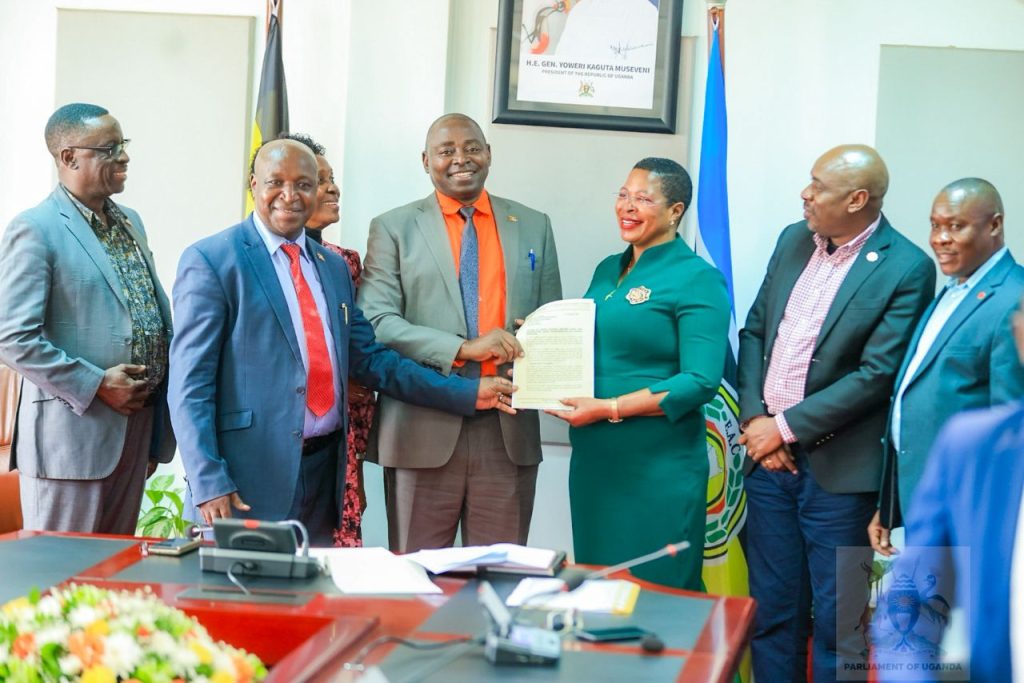



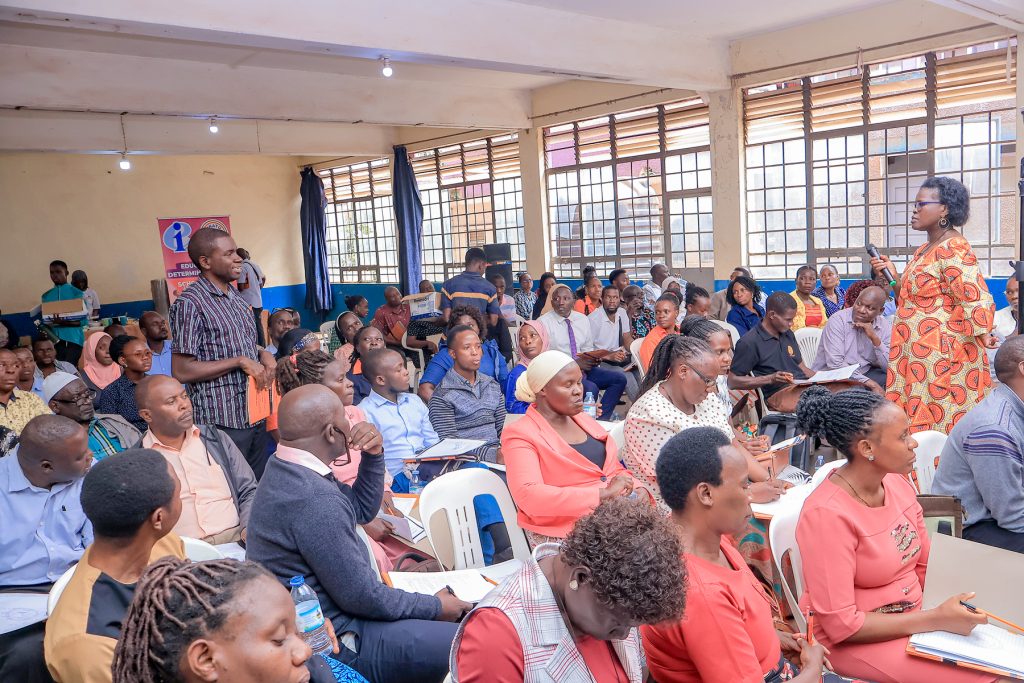













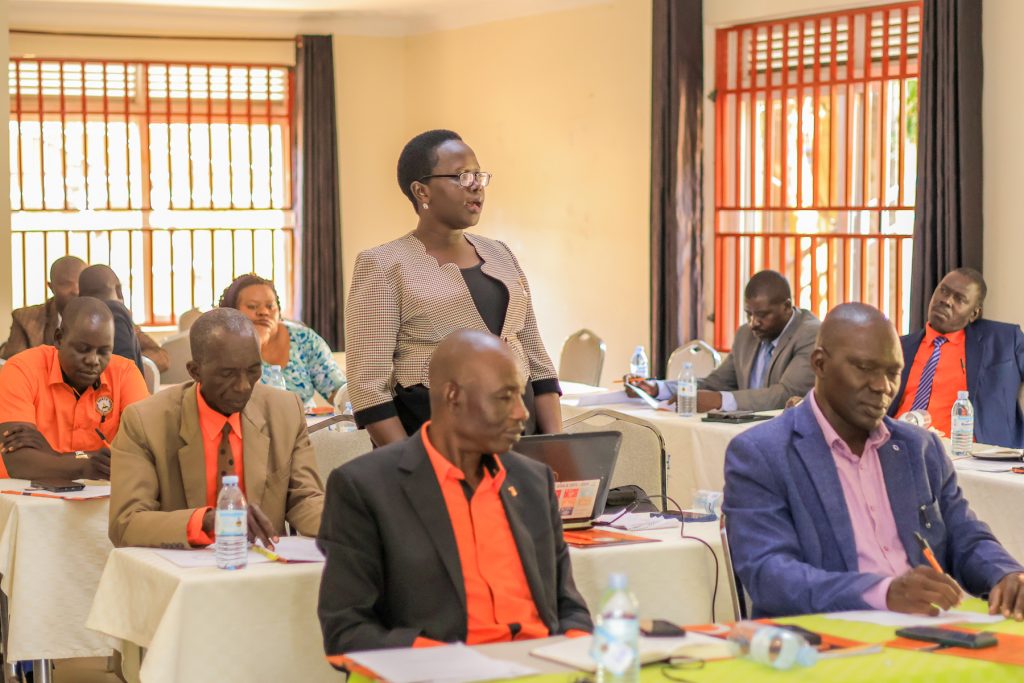
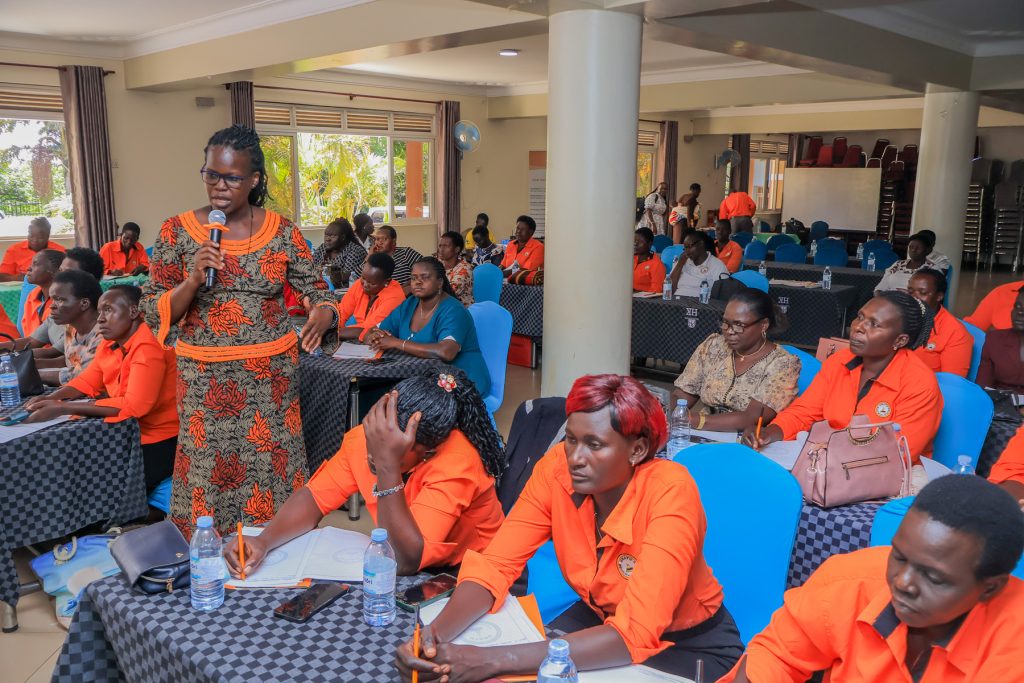
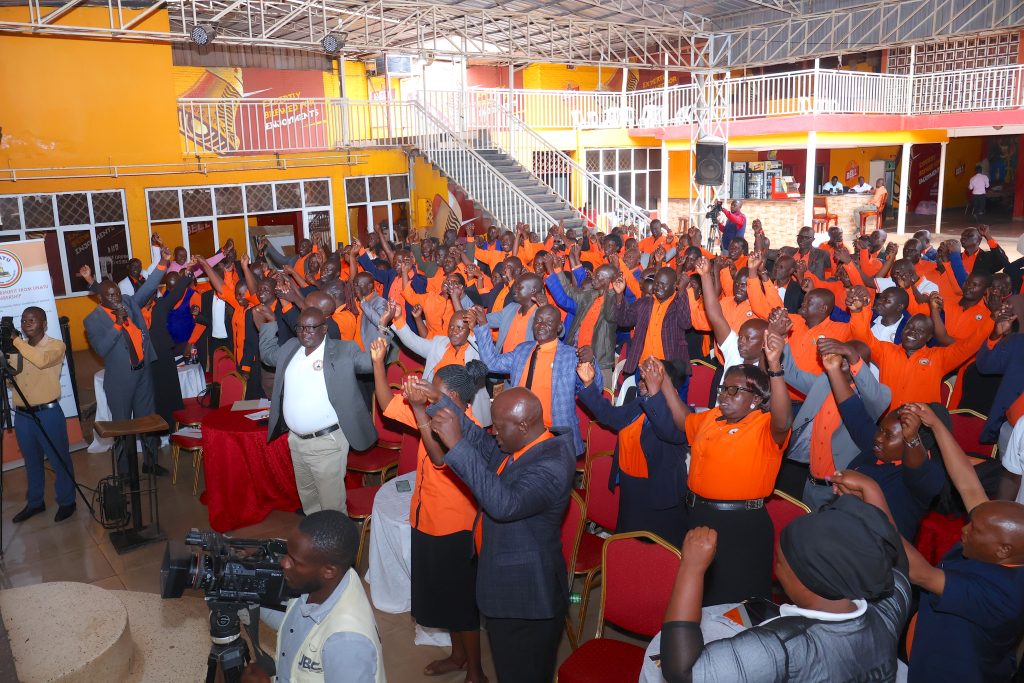
It was an eye opener session. Thank you,
unatu.